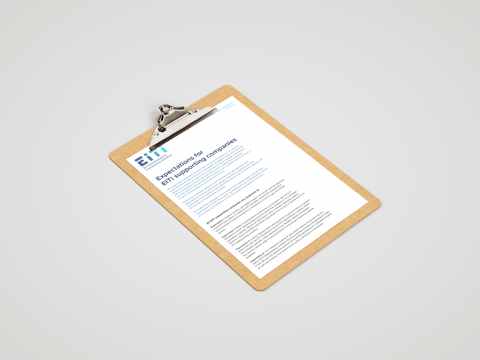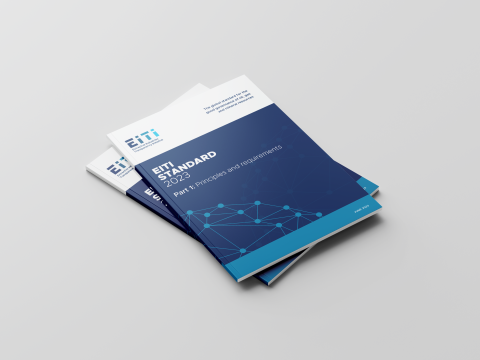
Commodity trading transparency starts to gain momentum in Indonesia
Commodity trading transparency starts to gain momentum in Indonesia
In 2015, commodity trading practices in Indonesia were thrown into crisis when fraudulent practices involving Petral, the trading arm of state-owned petroleum company Pertamina were uncovered. The fraud involved overpricing of commodities which led Pertamina to pay imports at almost three times their real value, as well as deviating from proper bidding processes to limit competition and favour a few select traders. Petral was soon dissolved and replaced by the Integrated Supply Chain (ISC).
In the succeeding years, the Government of Indonesia has undertaken reforms for the country’s petroleum industry. Indonesia decided to participate in the EITI’s targetted commodity trading transparency efforts. Stakeholders saw it as a good opportunity to complement the government’s reform agenda, specifically in combatting corruption related to the sales of the country’s oil and gas.
Unprecedented disclosure of first trades
Indonesia’s participation in the EITI’s commodity trading transparency efforts is expected to produce a commodity trading report to inform the public about the country’s earnings from selling its oil and gas while providing details for each shipment. Currently, SKK Migas, Indonesia’s upstream oil and gas regulator, keeps online data of the government’s lifting of oil and gas on a monthly basis. However, the information is aggregated by month and not disaggregated by cargo. The commodity trading report is meant to change this situation as it is expected to publicly disclose figures for government lifting, total government sales, identity of the contractor and buyer, origin of the commodity (by field), destination of the cargo, name of the vessel and the date of shipment. Disclosures will be on a per cargo basis covering the year 2016. Given the information that is currently available to the public both from SKK Migas and other ministries, this level of disclosure of Indonesia’s oil exports is unprecedented and should be able to improve the traceability of the commodities they export. It will inform the public about the market demand for Indonesia’s oil, and the revenues it receives for each cargo. Potentially, disclosures of dates of sale with the corresponding volume sold would help determine if there is underpricing when correlated with market values prevailing at the time of the sale. Ultimately, the public should be able to see whether there is a corresponding remittance of such revenues to the National Treasury.
Sparking a debate about oil imports
Apart from disclosing new data, one valuable aspect of producing the commodity trading report is that it has opened up discussions on the importance of disclosing information about Indonesia’s importation of oil. While the commodity trading report was initially meant only to cover exports, stakeholders were quick to point out that transparency on imports is equally important considering that oil exports have been significantly diminishing over the years, comprising only 20% of the country’s first trades, making Indonesia a net importer of oil. According to the scoping report commissioned by EITI Indonesia and prepared by Open Oil as part of the commodity trading pilot, Indonesia imports around 400,000 barrels a day of crude oil to feed the national refinery network to make fuel products, and another 400-500,000 barrels a day of finished fuel products. It further states that $22 billion of crude oil and product imported in 2015 constituted about two-thirds of total “First Trades” made by Indonesian state entities. Indonesia’s civil society, led by Publish What You Pay Indonesia, is therefore pushing for disclosures of these imports. Pertamina, however, expressed concerns that disclosing data on imports could affect their competitiveness.
While this issue has unfortunately remained unresolved, it has nonetheless sparked a cross-sectoral and inter-agency discussion on the level of transparency necessary for commodity trading in Indonesia. The Ministry of Economic Affairs has officially requested data from Pertamina. The Anti-Corruption Commission (KPK) has expressed interest in knowing the findings of the report to help them in identifying corruption risks in Indonesia’s commodity trading practices.
Challenges to overcome
While the EITI envisaged the commodity trading report to provide contextual information on tendering processes, as well as considerations for determining price, getting this information proved challenging. Prices could not be disclosed by SKK Migas and Pertamina due to alleged risks about how it would affect their position in the market. Efforts to get information from ISC about tendering processes proved unsuccessful. Given the demand for further disclosures that the EITI’s targeted effort for commodity trading transparency was able to generate, it is hoped that it will only be a matter of time before Pertamina opens up its data.




